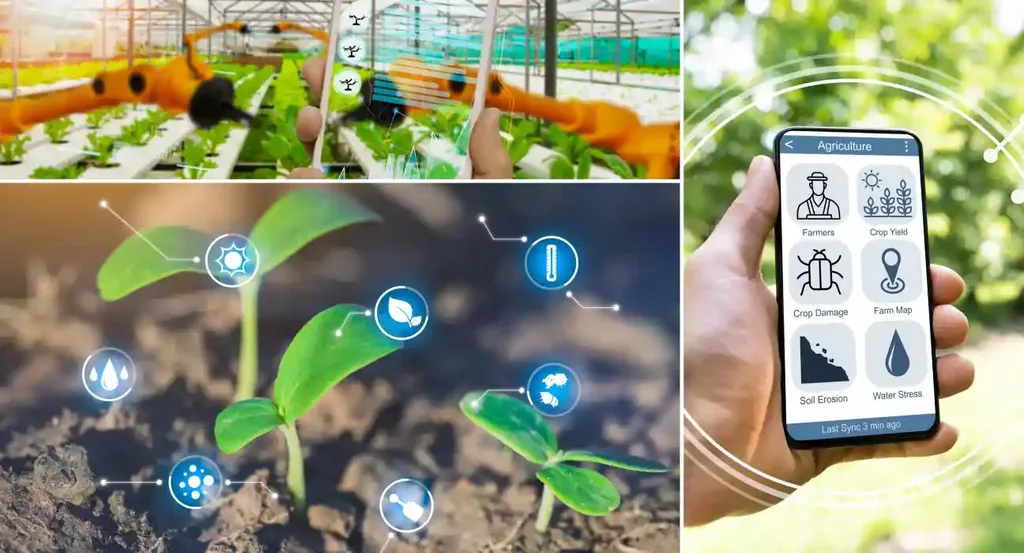In the heart of Israel’s Negev Desert, researchers have developed a groundbreaking device that could revolutionize how farmers monitor plant water stress, offering a cost-effective and scalable solution for precision agriculture. Shalev Haimovich, a researcher at the School of Electrical and Computer Engineering at Ben-Gurion University of the Negev, has led the development of an all-electrical dendrometer based on a frequency-shift sensor. This innovation promises to address long-standing challenges in agricultural irrigation scheduling by providing precise, real-time data on plant water stress.
The dendrometer, a device used to measure the temporal and spatial variations in trunk diameter, is a critical tool for understanding plant water stress. However, commercially available devices have been hindered by their limited dynamic range, high manufacturing costs, and operational complexities. Haimovich’s team has tackled these issues head-on, creating a lightweight, cost-effective, and compact device that meets industry standards for resolution and accuracy.
“The key innovation here is the use of a frequency-shift sensor, which allows us to achieve high precision without the bulk and cost associated with traditional dendrometers,” Haimovich explained. This technological leap not only enhances the device’s performance but also makes it feasible for large-scale deployment in agricultural settings.
The dendrometer’s performance was rigorously validated through laboratory testing and outdoor comparisons with commercial devices. The results were impressive, demonstrating similar sensitivity and readout stability across a range of field conditions. This reliability is crucial for farmers who need accurate and consistent data to make informed irrigation decisions.
One of the most compelling aspects of this research is its potential impact on the energy sector. Efficient water management is not just an agricultural concern; it’s a critical component of sustainable energy production. By optimizing irrigation schedules, farmers can reduce water waste and energy consumption, contributing to a more sustainable and resilient agricultural system.
“The potential for this technology to be integrated into large sensor networks is enormous,” Haimovich noted. “It opens up new possibilities for precision agriculture, where data-driven decisions can lead to significant improvements in crop yield and resource efficiency.”
The dendrometer’s design also supports further system miniaturization, paving the way for even more advanced and compact devices in the future. This scalability is a game-changer for the agricultural industry, which has long sought cost-effective and reliable tools for monitoring plant health.
Published in the journal “Smart Agricultural Technology” (translated from Hebrew as “Intelligent Agricultural Technology”), this research represents a significant step forward in the field of precision agriculture. As the world grapples with the challenges of climate change and resource scarcity, innovations like Haimovich’s dendrometer offer hope for a more sustainable and efficient future.
The implications of this research extend beyond the immediate applications in agriculture. By providing a scalable and cost-effective solution for monitoring plant water stress, this technology could play a pivotal role in shaping the future of sustainable agriculture and energy management. As the world continues to seek innovative solutions to global challenges, Haimovich’s work stands as a testament to the power of scientific innovation and its potential to transform industries.

